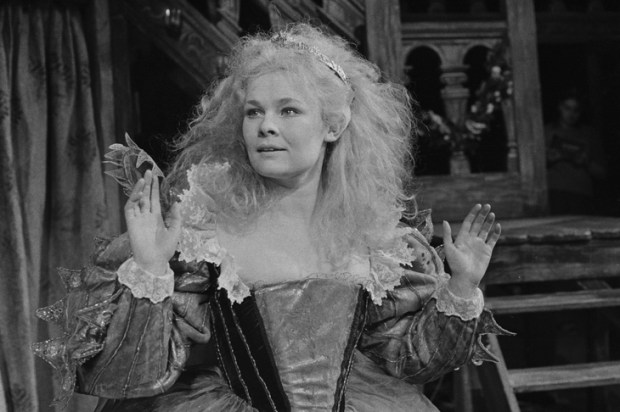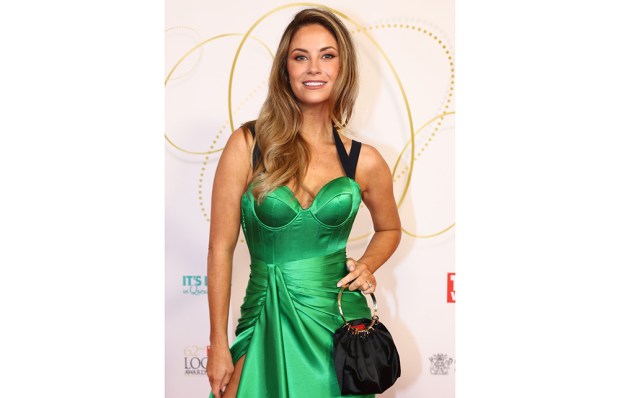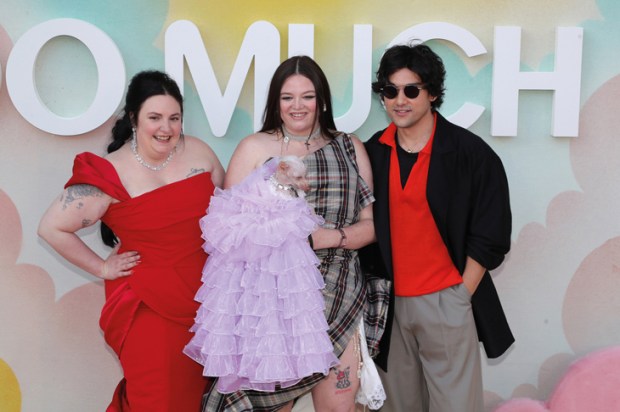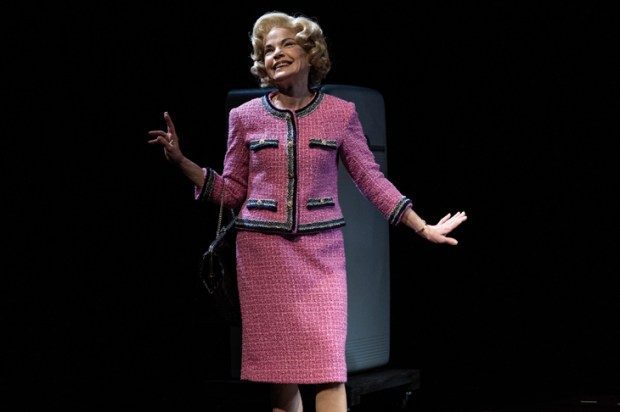Some decades ago when David Foster Wallace was proceeding to write the great confounding masterpiece of his generation Infinite Jest the writer he took most seriously – and criticism concurred here – was Don DeLillo.
If fiction that turned the world on its head and somehow reflected it back to you was what you wanted DeLillo was the reigning master of a late postmodernism that was vibrant and mimetic, strange-shaped but intelligible and which seemed unlikely to develop further than this great master. (Though Foster Wallace a bit amazingly would defy this.) But DeLillo was producing fiction like Mao II where novel-making and terrorism looked down the barrel of the parallels between them and ultimately he would produce his own comprehensive masterpiece – long and stately and magnificent, about baseballs and nuns and the emblems of art, the emblems of reality – which he called Underworld and which is one of the greater works of American literature since the war. Before that, however, there was the book so many of his keenest admirers read like a bible, the compact comic White Noise – this was the DeLillo novel everyone could absorb on impact, the equivalent to James Joyce’s Portrait of the Artist as a Young Man or if you want another work from the postmodern list, Thomas Pynchon’s The Crying of Lot 49.
Everyone who encountered it back then remembers the outline and atmosphere of White Noise. The academic who was a power in the world of Hitler Studies – how we laughed at the satire of this little knowing that the future wouldn’t even get the joke – a man much obsessed by death and all but terminally melancholic at the fact that he must die. What stays in the memory with White Noise is the dryness of its comedy and the deep insinuation of its pessimism that you can only laugh at.
Well, now we have a Netflix telemovie of White Noise and it’s weird to come to Noah Baumbach’s hectic histrionic adaptation with nothing but the ghost of memory without so much as picking up the book again. Adam Driver plays the academic who’s going to have to do a crash course in German if he is to preside over an international conference about screaming Adolf and Greta Gerwig is his foil as the wife with – so we rediscover – a secret of her own. Everything is theatrical and spectacular, it’s highly coloured and brilliantly observed. The kids are great – teen boy, teen girl, smart and likeable. If you’ve forgotten the dark cloud of toxic horror that floats through the sky like the eternal nemesis of mortality this may bring it back to you, but the style of Baumbach’s White Noise is extravagant, clamorous, heightened at every point. It’s all just a bit like Stephen King filtered through a haze of irony and heartbreak in uneasy juxtaposition. The memory is jolted but not exactly refreshed.
None of which is to deny that we’re in the presence of a very powerful vision even if it seems too hyped up, too full of crazy ups and downs to capture the bleak unease of the book with all its delicate cartoonery at anything but a level of hysteria.
Close to the end there is a performance by the great Barbara Sukowa – who was Mieze in Fassbinder’s Ring-length masterpiece Berlin Alexanderplatz, rivalling the Döblin modernist novel on which it is based – and she plays a nun and says in crisp, scathing German, that they can deal with the wounds and bullets and the claptrap of the religious sentiments can take care of itself. Sukowka – who would later play Hannah Arendt – is magnificent, apparitional and the German language becomes in her hands something like the mausoleum of all hope.
Does this tally with the tone of the book? Not quite, if the ghosts of memory serve us well. Baumbach’s White Noise also ends with an uproarious cavalcade of people running hither and yon in a brightly carnivalesque supermarket, like a cartoon of American life sped up to the point of frenzy and this seems like an overt homage to Fassbinder and is a bit like the last and least successful scene of Alexanderplatz much admired by Susan Sontag which has a self-swallowing wacko endlessness.
So have a look at this version of White Noise but perhaps have a glance at the book first.
One of the all-time yardsticks for prose in the languages English derives from is to be found in the Norse sagas which are characterised by extreme tightness and terseness appropriate to the literature of those fierce he-men the Vikings. The Australian actor Travis Fimmel has been a wonderful face of The Vikings on TV screens because of the masculinity he projects from one of those long-prowed ships.
Well, he’s in one of the big new year streamers Black Snow and it’s a strange piece which involves the murder of a girl 25 years earlier and the clues to this cold case – which obsesses Fimmel – are in the time capsule which a group of high school associates of the murdered girl put together long ago. The setting is North Queensland and the black kids are Torres-Straiters. Chief among these is Talijah Blackman-Corowa as Isa Baker, the murdered girl, and she is superb. But the two-times schema of the action is awkward and the unfolding of the tortuous plot is just too far-fetched. Travis Fimmel is impressive but it’s characteristic of this weird, somewhat thwarted thriller that we see him getting someone to beat him up but we don’t really have much of a clue why.
We don’t have much of a clue in general or the clues we get are forced and improbable.
Black Snow is directed in part by Matthew Saville who has made some of the better pieces of television in Australian history – Josh Thomas’s Please Like Me and the first season of the Milly Alcock/Tim Minchin comedy-drama Upright and you can see his expert hand throughout Black Snow. But the sleekness of the production can’t make up for the stumbling script and a storyline which stops us from dispensing with disbelief. It’s a pity because there are all sorts of vivid things – snatches of poignancy, gasps of horror – along the way.
Got something to add? Join the discussion and comment below.
You might disagree with half of it, but you’ll enjoy reading all of it. Try your first month for free, then just $2 a week for the remainder of your first year.













